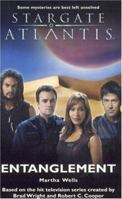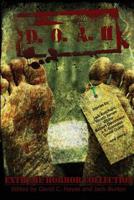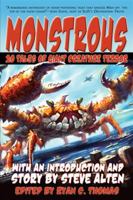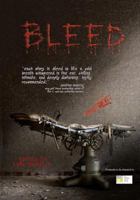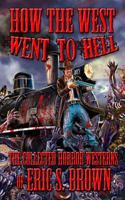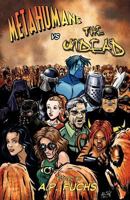From the Corner of Your Eye: A Cryptids Anthology
Select Format
Select Condition 
You Might Also Enjoy
Book Overview
Just outside the limits of the human condition they lurk. Creatures of lore and legend, creatures of the cautionary tale, always at the ready to spring their trap upon men who would tread upon the dark recesses where those worlds intersect. Once revealed, they hack and slash into their prey of mankind leaving not a trace of where they came from or where they went. Those unlucky few who have faced them and lived bear the very real physical and emotional scars of their experience wrapped up in the sour realization that no one may ever believe them. Still, these men and women walk away with a gift, the ability to look into the darkness and see more than just swirling shadows, and to meet the gaze of the eyes that would look out from the abyss.
Format:Paperback
Language:English
ISBN:0692438173
ISBN13:9780692438176
Release Date:May 2015
Publisher:Great Old Ones Publishing
Length:308 Pages
Weight:0.97 lbs.
Dimensions:0.7" x 6.0" x 9.0"
More by Eric S. Brown
Customer Reviews
5 customer ratings | 5 reviews
There are currently no reviews. Be the first to review this work.















